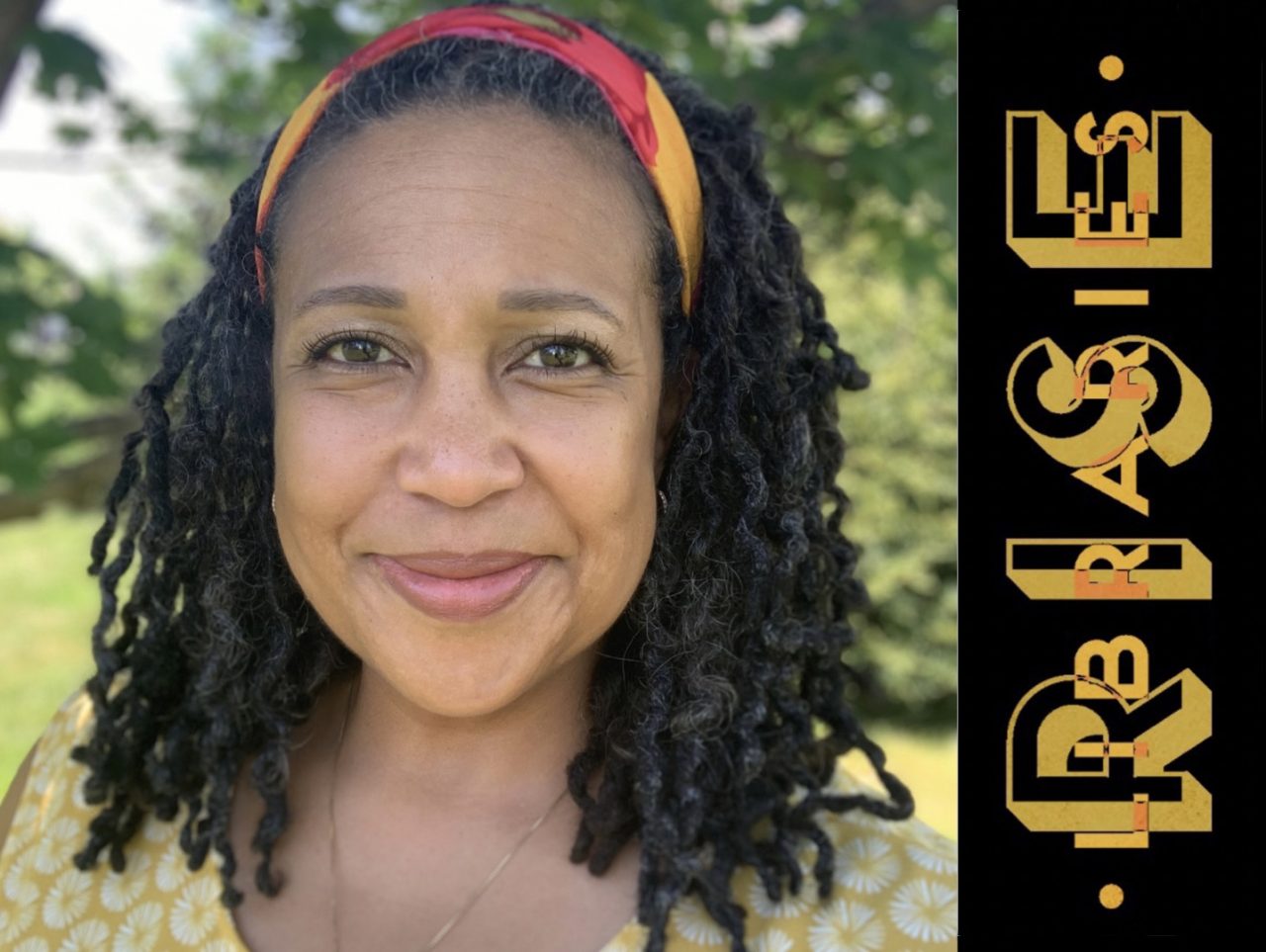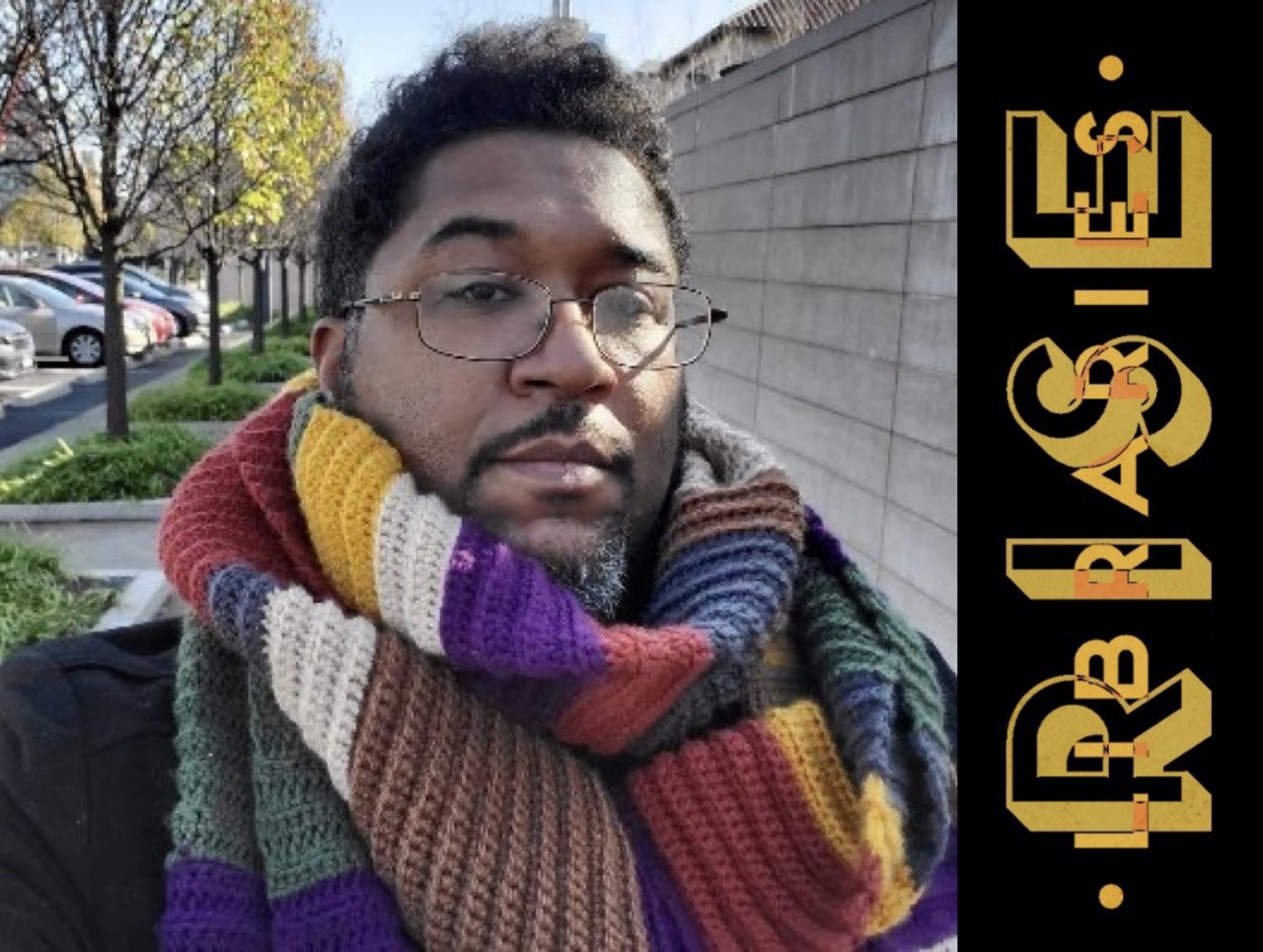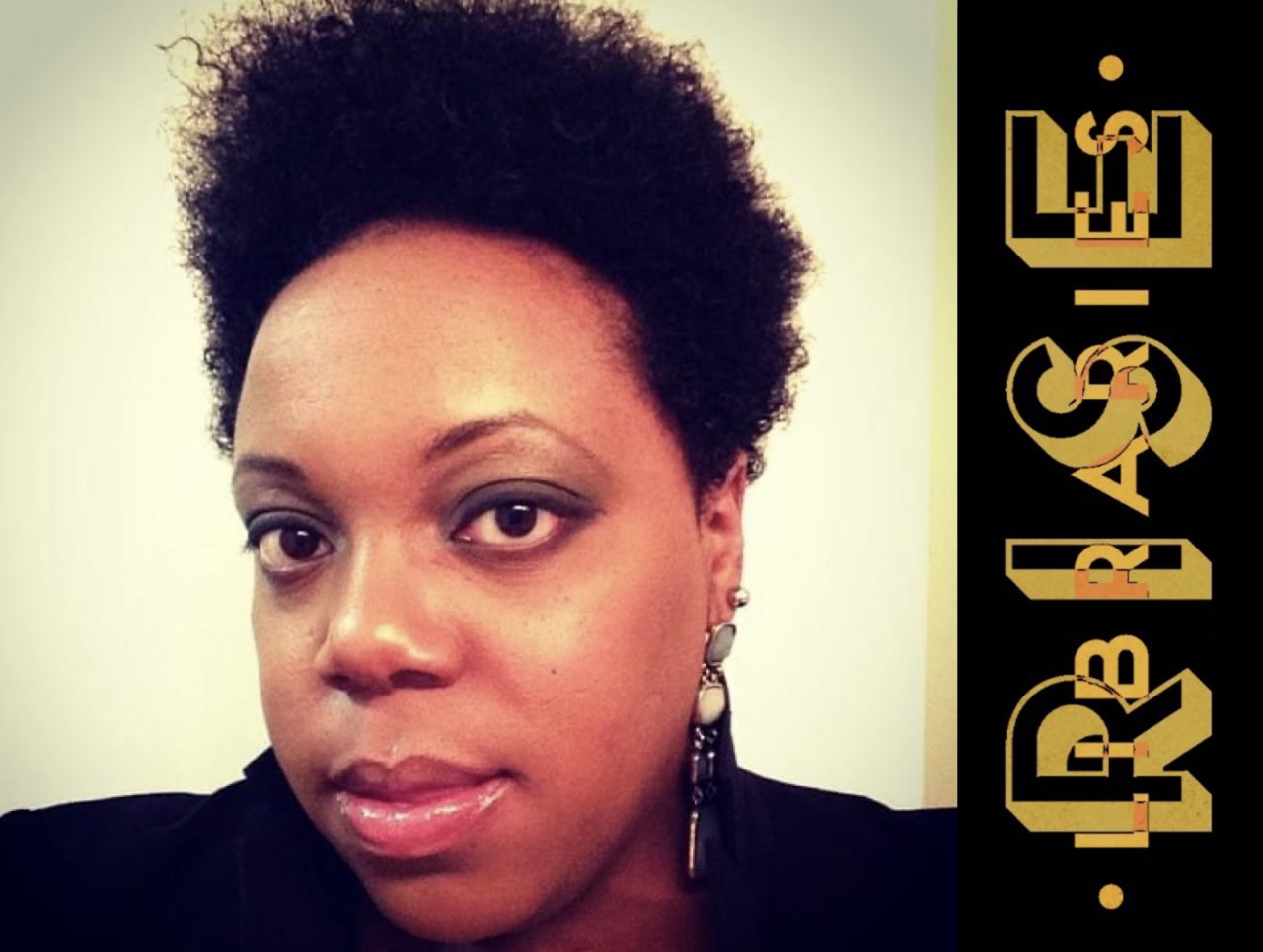read more posts by
admin
We asked OhioNET Executive Director & CEO Nancy S. Kirkpatrick four important questions about racial injustice, inequity and libraries.
What are your thoughts on racial inequality and injustice today?
It took me some time to even respond to your questions because though they are short, they are not simple, and I wanted to make sure I responded in a thoughtful manner. And in the interest of full transparency, my first response to the questions was simply fatigue. I am tired. Tired of thinking about, talking about, and being asked about racial inequality and injustice when these issues should have been settled decades ago. Really, they should never have been issues at all, but given the history of our country and our world, here we are.
I believe most of America doesn’t want to think about or tackle racial inequality and injustice in meaningful ways because it represents a threat to their identity. It is difficult to acknowledge that systems you’ve never even thought about until now have been giving you (straight cisgender White people) advantages for centuries. It is even harder to change those systems. It may seem “unfair” that the identity of a country founded on the backs of unpaid labor by people who weren’t part of creating that system is intertwined with the identity of those same people today. But no matter your personal identity, be sure that this country’s origin story and identity are impacting individual lives and entire communities of people in ways that were probably never anticipated. And until we, as individuals and as a country, are ready to accept that reality, talk less and do more, that isn’t likely to change.
Cherríe Moraga says it more eloquently, “Social change does not occur through tokenism or exceptions to the rule of discrimination, but through the systemic abolishment of the rule itself.”
Moraga, Cherríe & Anzaldúa, Gloria. (2015). This Bridge Called My Back, Writings by Radical Women of Color (Fourth Edition); pg. xviii. State University of New York Press, Albany.
Have you seen libraries respond?
I have seen libraries respond in several ways. Libraries issued statements after the murder of George Floyd and the unrest that followed. Libraries have issued statements in response to the recent hate crimes against Asian Americans and Pacific Islanders across the country. Libraries have hosted book clubs and read texts in efforts to get the conversation started in their community. And there seems to be an uptick in DEI work happening in the library world, at least for the moment.
Could libraries do more? If so, how?
Absolutely yes, libraries could and should do more. Making statements and hosting book clubs is a start. Bringing DEI experts into your library probably can’t hurt either. However, I would love to see libraries dig deeper. We should be examining the foundations of our current systems and asking ourselves if those systems enable us to provide our communities and our library staff with the support that they deserve. If your DEI committee is chaired by the one person of color on your staff, do better. If a minoritized person walks into your library, what do they see and experience? What do the signs, the artwork, or the available services, convey to them? Are those spaces truly welcoming to all? Including your library staff? What about your policies? What are you doing to build cultural competency across your organization? What are you doing to work equitable outcomes into your practices?
As central gathering spaces for communities and campuses, libraries are in a unique position to model the changes we’d like to see more broadly in societal spaces and have those models be seen. We should be collectively doing something with our agency.
Any closing thoughts?
I am honored to be the mother to two amazing young adults. I would love to leave them a world where the words of Maya Angelou and Amanda Gorman and Melissa Lozada Olivia and Ocean Vuong and countless others are not only aspirational and inspirational, but reality. A reality where extremism is associated with concepts of justice and equity, not hate and religious intolerance. Again, I will leave it to one more eloquent than I to summarize – Dr. Martin Luther King, Jr.: “’We hold these truths to be self-evident, that all men are created equal.’ So the question is not whether we will be extremist, but what kind of extremist we will be. Will we be extremists for hate, or will we be extremists for love? Will we be extremists for the preservation of injustice, or will we be extremists for the cause of justice?”
King, Martin Luther, Jr. (1963). Letter From a Birmingham Jail (Southern Christian Leadership Conference); pg. 9.
Libraries Rise: Black Perspective on Libraries
Cbus Libraries asked six leaders inside and out of libraries their thoughts on racial injustice and inequality. All responses are the leaders’ personal reflections and not necessarily representative of the organizations they are part of. The six-part feature will be serialized over the months of February and March, 2021. Check back weekly on Mondays for the latest feature and follow our tag, #LibrariesRise.
About Cbus Libraries
Cbus Libraries’ mission is to champion Central Ohio libraries, library enthusiasts and the love of reading. Co-founded by two librarians, Andrea Dixon and Bryan Loar, Cbus Libraries reaches more than 9,000 online followers worldwide, features Central Ohio libraries, has raised more than $1,100 in scholarship funds for librarians of color and has gifted over 5,000 books to the community. Cbus Libraries is a 501(c)(3) nonprofit.
We asked Writer and Streetlight Guild Founder Scott Woods four important questions about racial injustice, inequity and libraries.
What are your thoughts on racial inequality and injustice today?
The only thing different about racial inequality and injustice today is that more people are willing to be made aware of it. Once you account for changes in political and social context, the level of inequality hasn’t drastically improved since Reconstruction. It is, in fact, worse. Racism has always been systemic, and the system has evolved over the last 200 years to not only accommodate the loss of slavery as a legal process, but to compound the dividends slavery used to provide.
Have you seen libraries respond?
Libraries have traditionally tried to be politically and socially neutral, but the reality is that no cultural institution is neutral. The collections of libraries reflect the priorities and sensibilities of who runs them. The staffing of libraries has long been determined by class-oriented gatekeeping, so they’re not diverse on the back end either. Libraries are not democratic institutions and, conversely, cannot be neutral. Libraries have only recently been willing to even admit these realities. And while many libraries are now making efforts to address what they perceive as inequality, they are only in the beginning stages of that work, and not across the board. In short, many libraries may mean well, but there is a lot to learn before taking concrete steps to address issues like injustice and inequality, and libraries are very late to the game.
Could libraries do more? If so, how?
Libraries are situated better than almost any industry outside of academia to do the early work: get educated. Many libraries already have the resources within them to begin this process. They have the books. They have the technology. They have some level of budget that can be set aside to bring in facilitators who do this kind of work (and should, since this kind of work cannot be done internally). Libraries had to reassess their purpose when sea level changes like the internet came to the table, and any earnest effort to address these issues will require the same level of interrogation. For starters.
Any closing thoughts?
[None – ed.]
Libraries Rise: Black Perspective on Libraries
Cbus Libraries asked six leaders inside and out of libraries their thoughts on racial injustice and inequality. All responses are the leaders’ personal reflections and not necessarily representative of the organizations they are part of. The six-part feature will be serialized over the months of February and March, 2021. Check back weekly on Mondays for the latest feature and follow our tag, #LibrariesRise.
About Cbus Libraries
Cbus Libraries’ mission is to champion Central Ohio libraries, library enthusiasts and the love of reading. Co-founded by two librarians, Andrea Dixon and Bryan Loar, Cbus Libraries reaches more than 9,000 online followers worldwide, features Central Ohio libraries, has raised more than $1,100 in scholarship funds for librarians of color and has gifted over 5,000 books to the community. Cbus Libraries is a 501(c)(3) nonprofit.
We asked Journalist/Owner of Donna Marie Consulting and Founder of Grammar + Chill Donna Marbury four important questions about racial injustice, inequity and libraries.
What are your thoughts on racial inequality and injustice today?
It’s unfortunate that so many institutions have the creative, diverse, beautiful perspectives right in their communities, but lack the vision to see thought leaders and change agents in people who don’t look like them. In Columbus, so many of my peers and even myself….we’re just getting recognition for our drive and creativity that has been here for years. The class and racial divides in Columbus have been exacerbated in the last year, and people are on edge. I pray for peace in this city, not to protect buildings or the public façade, but for self-preservation of my people. I just hope the continued focus on these injustices sparks those who have the voice and the privilege to put their own paychecks, social status and safety on the line to truly bring about a better city. Only time will tell.
Have you seen libraries respond?
Libraries have always been an oasis, to me. Books make us feel joy, pain…they help us escape and they force us to see reality. So I’ve been a frequent user of Columbus libraries over the past year, mostly to give my son a connection to the outside world. He is six years old, and as an only child, the disruption of the past year has been a huge adjustment to us both. I don’t know what we would’ve done without access to the library–I remember when businesses began shutting down in March 2020, the first place I went was the library! I got at least 90 books for us to read, as I had no idea when things would reopen. Even going through the drive thru, the library has been an essential place for us to maintain that connection to normalcy as the world is evolving.
Could libraries do more? If so, how?
I am someone who utilizes the library for so many of its offerings! I am still visiting once a week, I use digital and audio books, I use storytime for my son…I take recommendations from librarians. I see a lot of talks on race and diversity…I haven’t taken part in them but I am glad they are happening.
Any closing thoughts?
Watching the Black creative community respond to the turmoil of the past year has been both enlightening and a salve. I wish so much of our creativity wasn’t tied up in fighting for our rights. But Black joy, pain, sadness, passion, anger and weariness is all tied up in our art. It’s exhausting but important to take the weight of the world out of our minds and into the universe. I took a virtual class with Dr. Treva Lindsay through Zora’s House, and she introduced me to radical dreaming…imagining a world where oppression, systematic and institutional racism and misogyny don’t exist. It’s actually hard to imagine. It shows me that so much Black time and talent is wasted on navigating these constructs. As Toni Morrison said:
“The function, the very serious function of racism is distraction. It keeps you from doing your work. It keeps you explaining, over and over again, your reason for being. Somebody says you have no language and you spend twenty years proving that you do. Somebody says your head isn’t shaped properly so you have scientists working on the fact that it is. Somebody says you have no art, so you dredge that up. Somebody says you have no kingdoms, so you dredge that up. None of this is necessary. There will always be one more thing.”
Libraries Rise: Black Perspective on Libraries
Cbus Libraries asked six leaders inside and out of libraries their thoughts on racial injustice and inequality. All responses are the leaders’ personal reflections and not necessarily representative of the organizations they are part of. The six-part feature will be serialized over the months of February and March, 2021. Check back weekly on Mondays for the latest feature and follow our tag, #LibrariesRise.
About Cbus Libraries
Cbus Libraries’ mission is to champion Central Ohio libraries, library enthusiasts and the love of reading. Co-founded by two librarians, Andrea Dixon and Bryan Loar, Cbus Libraries reaches more than 9,000 online followers worldwide, features Central Ohio libraries, has raised more than $1,100 in scholarship funds for librarians of color and has gifted over 5,000 books to the community. Cbus Libraries is a 501(c)(3) nonprofit.



